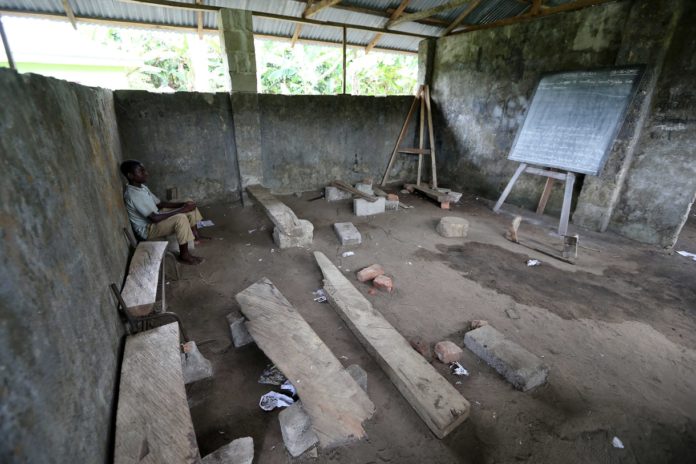By Kolawole Yetunde
According to Wikipedia, Education is the process of facilitating learning, or the acquisition of knowledge, skills, values, beliefs, and habits. It is the act or process of imparting or acquiring general knowledge, developing the powers of reasoning and judgment, and generally of preparing oneself or others intellectually for mature life.
According to the findings fully supported by Pro-Papers, an education writing firm in USA, the education sector should be paid lots of attention because it gives room for the country’s development. Unfortunately, the quality and standard of education in Nigeria is poor because it has not been paid adequate attention.
Nigeria runs a federation system, so the Nigerian education system is overseen by the Ministry of Education. The education system at the federal level is managed by the Ministry of Education. This includes management of federal universities and schools. State public schools and tertiary institutions are controlled regionally by the Ministry at the state level.
We’ll try to highlight the leading causes for poor state and quality of education in our country and possible ways out.
1. Poor Funding
The first and possibly one of the greatest challenges facing education in Nigeria is inadequate funding by the federal, state and local government. In the year 2017, Nigeria’s education sector was again allocated much lower than the 26 percent of national budget recommended by the United Nations.
The global organization recommended the budgetary benchmark to enable nations adequately cater for rising education demands. But, in the proposal presented to the National Assembly, President Muhammadu Buhari allocated only 7.04% of the 8.6 trillion 2018 budget to the education.
The total sum allocated to the sector is N605.8 billion, with N435.1 billion for recurrent expenditure, N61.73 billion for capital expenditure and N109.06 billion for the Universal Basic Education Commission.
Read more: https://infoguidenigeria.com/problems-education-nigeria/





